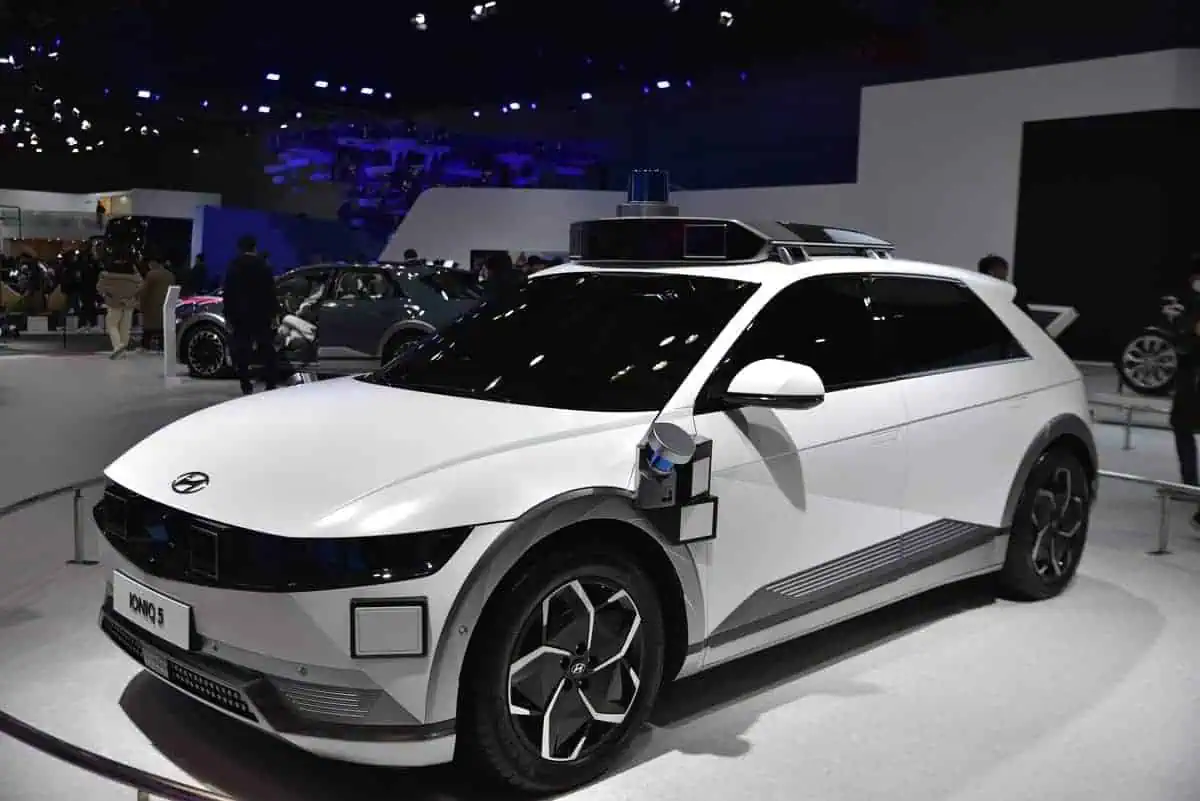Apple officially ended its decade-long electric vehicle development, widely known as “Project Titan,” on Tuesday.
The move is apparently part of the American tech giant’s strategy to focus its efforts and resources on another emerging industry, generative artificial intelligence.
Apple abandons Project American tech giant Titan
Apple, through Chief Operating Officer Jeff Williams and Project Titan Leader/VP of Technology Kevin Lynch,
announced its plans to scrap Project Titan internally on Tuesday. The disclosure stunned the company’s almost 2,000 employees working on the electric vehicle development initiative, Bloomberg reports, citing people with knowledge of the matter.
The two Apple executives reportedly informed the staffers about its plans to end the project after ten long years. According to the announcement, Apple will reassign many automotive team members (Special Projects Group) to the artificial intelligence unit led by executive John Giannandrea. This unit reportedly focuses on generative AI-related projects, a rapidly advancing industry.
The several hundred hardware engineers and vehicle designers of the Special Projects Group may apply for other job vacancies at Apple. However, layoffs will be inevitable if the employees fail to secure a reassignment within 90 days.
Brief background
Apple officially initiated Project Titan in 2014, marking its venture into the automotive sector. At one point, the project had approximately 5,000 employees.
However, it has repeatedly changed and adjusted plans over the past ten years as it has oscillated between focusing on producing an EV or a Waymo-like fully autonomous car.
In January, Bloomberg revealed that Project Titan’s leadership was under pressure from the company’s top executives and its board to accelerate efforts in delivering a product to market sooner rather than later. Now, it seems that plans for an Apple car are no longer in development.
Affecting factors
Apple’s step back in its ambitious autonomous electric vehicle project comes amid major electric automakers’ moves to reevaluate and adjust their investments in the industry and intensified scrutiny on autonomous vehicle projects.
Apple was also facing a waning market for electric vehicles. In recent months, sales growth started to cool following high prices and a lack of charging infrastructure.
These barriers to electric vehicle uptake prompted legacy brands like GM and Ford to scale back on their electrification push. At the same time, competitors continue to cut battery-electric vehicle prices, production guidelines, and profit forecasts.
Apple’s decision was apparently a “relief” to its investors, based on the share increase of about 1% at $182.63 in New York following the announcement on Tuesday. Notably, focusing on AI may be more profitable for Apple than cars in the long run.






